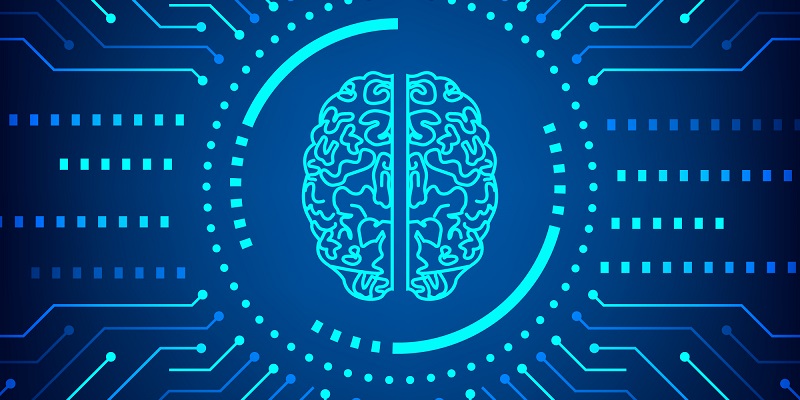As businesses continue to rapidly integrate artificial intelligence (AI) into their everyday operations, the demand for effective AI security measures has also grown. With sensitive customer data and intellectual property at stake, organizations must ensure the safe and secure use of AI tools. Cloudflare, a leading web infrastructure and security company, has unveiled its latest suite of zero-trust security controls: Cloudflare One for AI.
Benefits of Cloudflare One for AI
Cloudflare One for AI is designed to enable businesses to safely and securely use the latest generative AI tools, while protecting their data and property. The suite includes visibility and measurement of AI tool usage, prevention of data loss, and integration management, which provides comprehensive AI security. This enables businesses to confidently use AI tools, knowing that their data and property are protected.
With Cloudflare One for AI, teams are equipped with the necessary tools to thwart security threats. Through innovative security features, such as visibility into AI tool usage, measurement of tool efficiency, and prevention of data loss, Cloudflare One for AI ensures that businesses can confidently leverage the latest AI tools while keeping their data and property secure.
Potential Security Risks of AI Tools
While the benefits of AI tools are numerous, there are also significant security risks involved. One of the major concerns is the potential for individual users to inadvertently upload sensitive data to generative AI tools. This could result in costly security breaches and damage to a business’s reputation.
According to Cloudflare’s Head of Security Products, Sam Rhea, customers have expressed heightened concern about the potential risks of AI tools. These concerns have led to the development of Cloudflare One for AI, which equips teams with the necessary tools to thwart such threats.
Guardrails around AI tools
Cloudflare One for AI is the first service to offer guardrails around AI tools, allowing businesses to use these tools with the confidence that their data and property are protected. The suite includes a Data Loss Prevention (DLP) service that scans content as it leaves employee devices to detect potentially sensitive data during upload.
In addition, Cloudflare’s cloud access security broker (CASB), which is a security enforcement point between a cloud service provider and its customers, will soon be able to scan the AI tools that businesses use and detect misconfiguration and misuse. These security measures provide businesses with an added layer of protection when using AI tools and help prevent costly security breaches.
Advantages of Cloudflare’s network
Cloudflare’s network of data centers, spread across over 285 cities around the world, gives the company a unique advantage in helping customers control where their data is stored and how it transits to external destinations. This provides businesses with added control and visibility over their data, ensuring that it remains secure and protected at all times.
As businesses continue to integrate AI into their everyday operations, the importance of effective AI security measures cannot be overstated. Cloudflare One for AI provides a comprehensive suite of security controls designed to enable businesses to safely and securely use AI tools, while protecting their data and property. The suite includes innovative security features such as visibility and measurement of tool usage, prevention of data loss, and integration management. With the added layer of protection provided by Cloudflare’s network, businesses can confidently leverage the latest AI tools, knowing that their data and property are secure.

